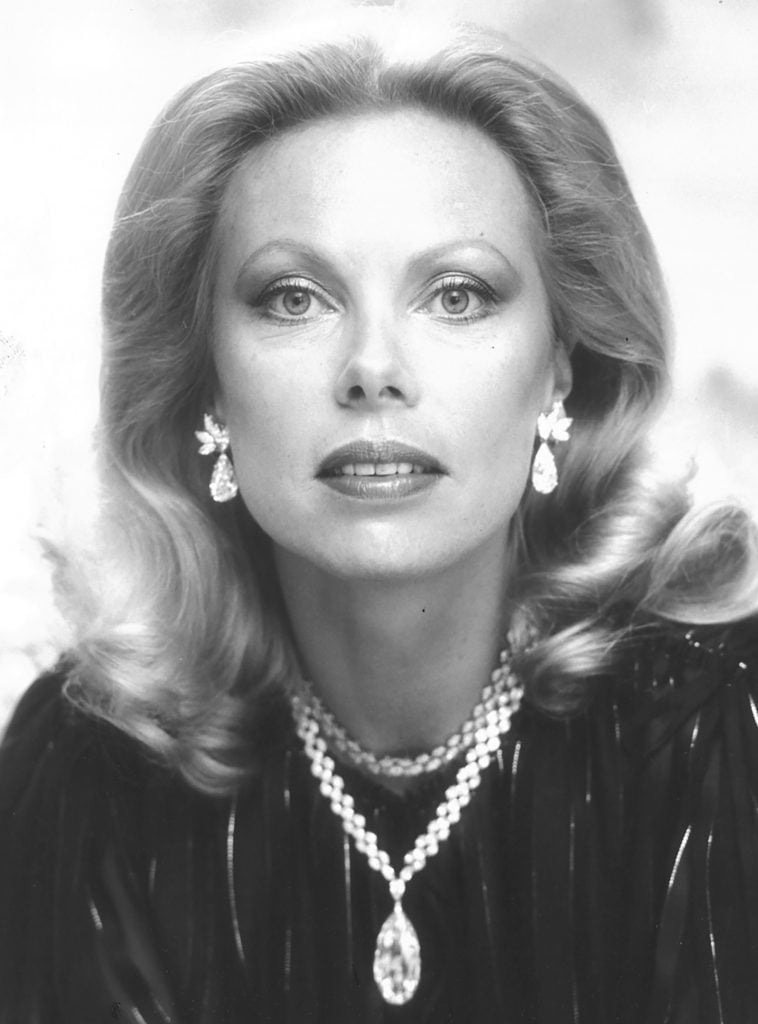Auctions
Christie’s Cancels the Heidi Horten Jewelry Sales, Following Months of ‘Intense Scrutiny’ Over the Nazi Roots of the Late Austrian Heiress’s Wealth
In May, the auction house sold a record-setting $202 million of Horten’s jewels.

In May, the auction house sold a record-setting $202 million of Horten’s jewels.

Katya Kazakina

Bowing to months of international pressure, Christie’s said it will not continue the sale of jewels from the estate of Heidi Horten, whose wealth was rooted in Nazi profiteering by her late husband.
In May, Christie’s sold $202 million of Horten’s jewels by Cartier, Bulgari, and Harry Winston, surpassing the totals from previous record-setting troves of jewelry belonging to Elizabeth Taylor and the Al Thani family.
The remaining 300 items from Horten’s collection were originally scheduled to be sold in November in Geneva. But the May sale sparked an outcry—from top clients, staff, and Jewish organizations—after it was revealed that Christie’s tried to bury the information that Horten’s late husband, Helmut Horten, a member of the Nazi Party during World War II, built his fortune by buying Jewish businesses under duress as part of Hitler’s Aryanization process.
“The sale of the Heidi Horten jewelry collection has provoked intense scrutiny, and the reaction to it has deeply affected us and many others, and we will continue to reflect on it,” Anthea Peers, President of Christie’s EMEA, told Artnet News in an emailed statement. She added that the proceeds raised “important support for philanthropic causes, including medical research, children’s welfare, and access to the arts.”
The sale turned into a public relations nightmare for the auction house.
Clients like Cathy Lasry, the wife of billionaire Marc Lasry, complained. Holocaust survivors decried the consignment as whitewashing. Jewish organizations including Israel’s official Holocaust memorial, Yad Vashem, rejected Christie’s proposed donation of some of its (undisclosed) proceeds. The Tel Aviv Museum of Art canceled an event on restitution organized by Christie’s that had been scheduled to take place in December.
One of the auction’s critics from the outset, the Holocaust Survivor Foundation USA, hailed the cancellation as an important victory for the global Jewish community. The decision sends an important signal to all auction houses about the consequences of selling tainted goods, David Schaecter, the foundation’s president, said in a statement to Artnet News.
“We are pleased to hear that the global outrage surrounding Christie’s sale of the Horten Foundation’s ill-gotten assets—derived from the theft of Jewish property during World War II—has affected the auction house and caused them to cancel their planned sale of additional Horten jewelry this fall,” Schaecter said. “We are glad that they recognized the great pain additional sales of Horten art and jewelry would cause Holocaust survivors.”